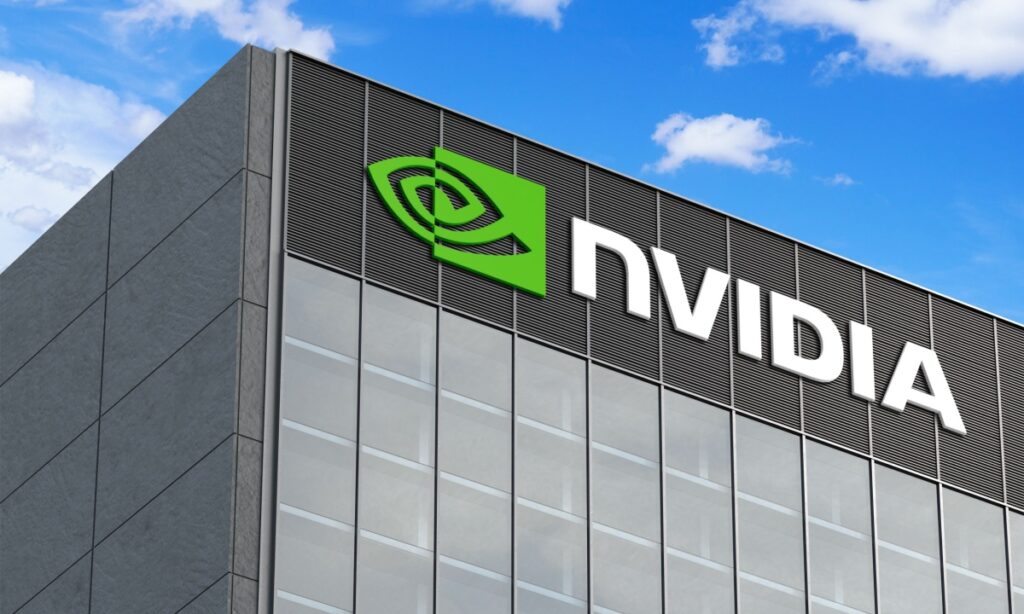The European Commission has announced that Nvidia must seek antitrust approval for its planned acquisition of the Israeli AI startup Run. Concerns about potential competition issues have prompted regulators to investigate the deal, which was initially valued at around $700 million. Although the acquisition does not typically trigger mandatory EU review, it was referred to the Commission by Italian authorities, raising significant competition concerns in the European Economic Area. Nvidia has expressed readiness to cooperate with regulators to address any concerns. This scrutiny reflects a broader trend where tech giant acquisitions of smaller firms are closely monitored to prevent the elimination of future competition in the rapidly growing AI space.
The European Commission has announced that Nvidia, the major U.S. semiconductor company, needs to get antitrust approval for its proposed acquisition of the Israeli AI startup, Run. This decision stems from worries that the acquisition could reduce competition in the tech Market. According to Reuters, this move reflects a growing trend among regulators in both Europe and the U.S. to take a closer look at tech companies acquiring smaller firms. Such acquisitions can raise concerns about potentially ending future competition by absorbing rival companies.
Nvidia initially revealed plans to acquire Run back in April, with the deal estimated to be worth around $700 million. Run is known for helping teams and developers manage and enhance their AI infrastructure, which is becoming more crucial as the demand for AI grows.
Interestingly, this deal doesn’t hit the financial thresholds that usually trigger a review by EU regulators. However, after informing the Italian competition authority about the deal, the situation was passed on to the European Commission for a deeper review. The Commission has conveyed serious concerns over how this acquisition could affect competition within the European Economic Area.
In a statement, the Commission noted that the transaction could seriously impact the markets where both Nvidia and Run operate. This highlights the importance of thorough regulatory scrutiny in such significant deals. Nvidia has stated that it is ready to work with regulators and is committed to making AI accessible across various platforms after the acquisition is finalized.
As Nvidia continues to thrive, with impressive profits from its advanced processors crucial for AI applications—like those that power ChatGPT—the outcome of this acquisition will be closely monitored by industry watchers and regulators alike.
Source: Reuters.
What is Nvidia planning to do with Run.ai?
Nvidia wants to buy Run.ai because it specializes in helping companies manage their AI workloads better.
Why is the EU reviewing this acquisition?
The EU is looking into the deal to make sure it won’t harm competition in the AI Market or give Nvidia too much power.
What could happen if the EU blocks the deal?
If the EU blocks the deal, Nvidia won’t be able to buy Run.ai, and they will have to look for other ways to improve their AI offerings.
How long does the EU review take?
The review process can take several months, depending on how complicated the case is.
What does this mean for the future of AI companies?
The review could set a precedent for how big companies can acquire startups in the AI space, influencing future deals.






